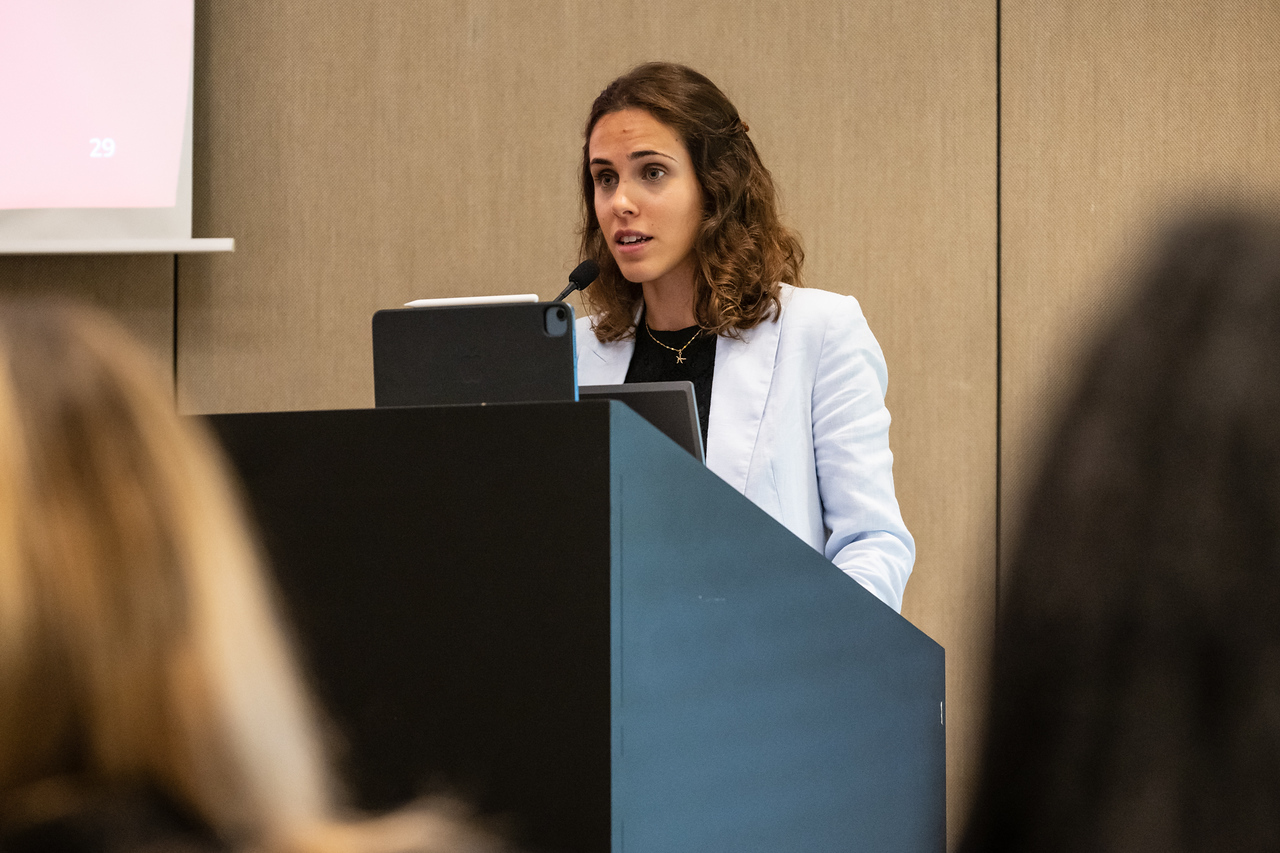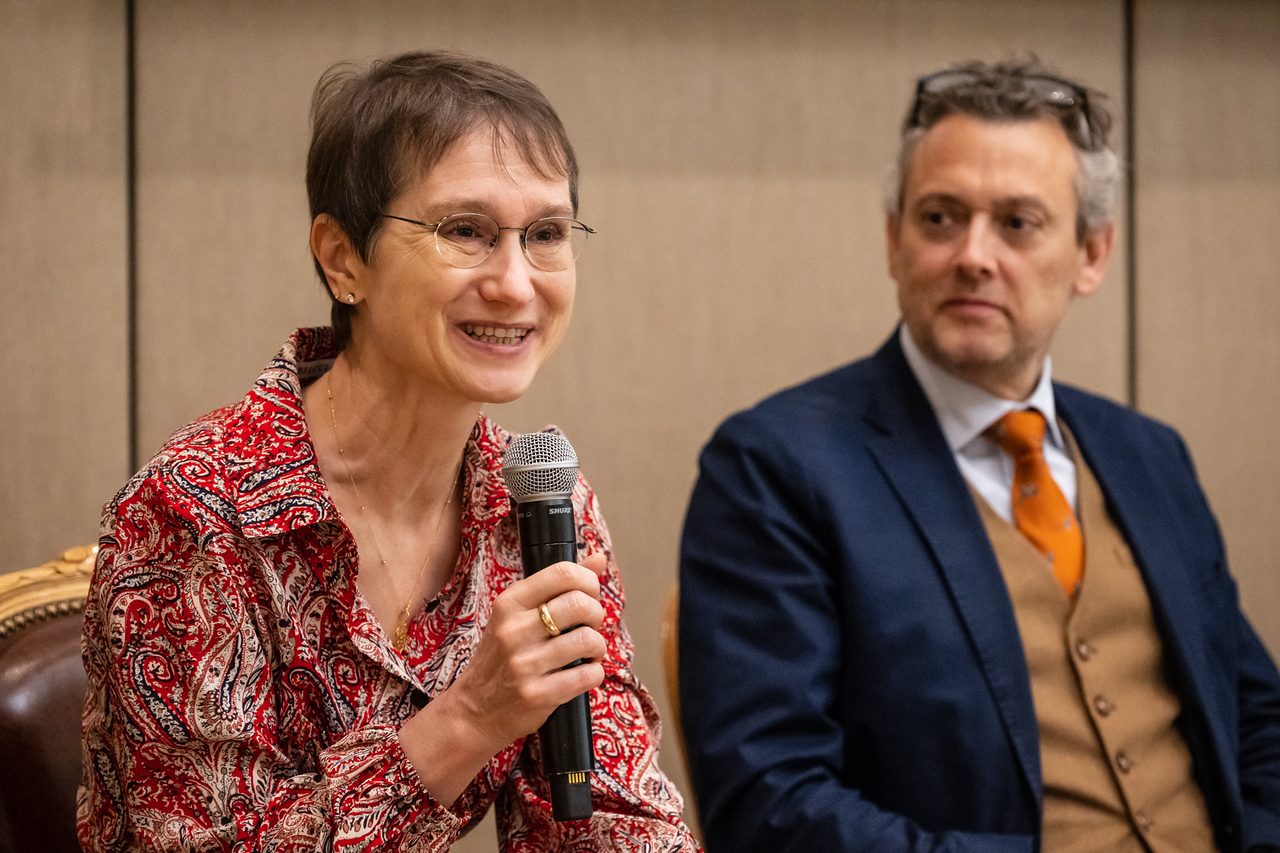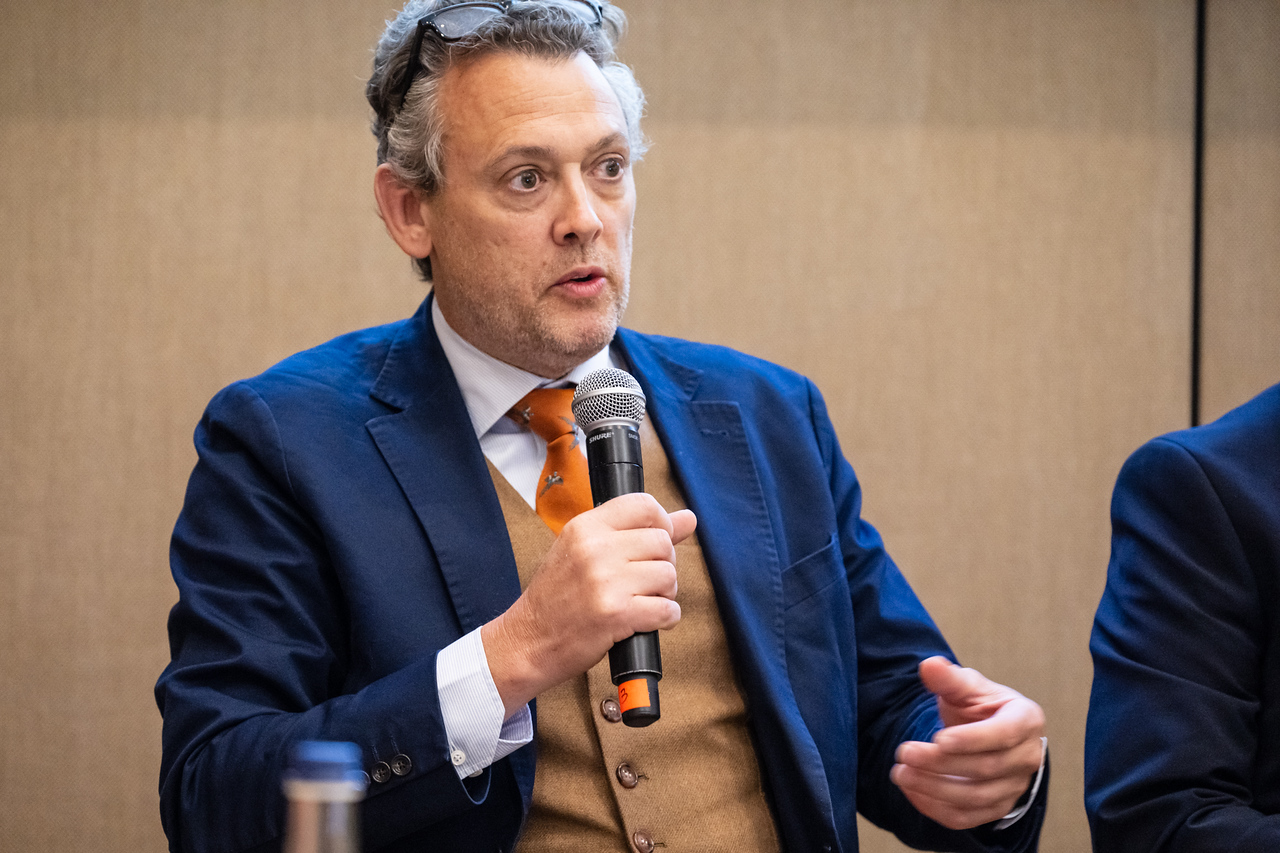
Wednesday 29 May 2024 – The City Cancer Challenge Foundation (C/Can) has announced its new initiative that aims to create evidence on cancer care in Low-and Middle-Income Countries while implementing locally-led interventions. The Foundation’s research agenda is set to advance global knowledge on cancer care and support the translation of evidence into policy at both city and national levels.
Cancer research is currently heavily skewed towards high-income countries, with little research conducted in, and relevant to the problems of Low-and Middle-Income Countries (LMICs). [1] Between 2016 and 2020, a staggering US$24.5 billion was invested in cancer research globally. However, solely 0.5% of investment was allocated to research addressing cancer in LMICs, [2] which bear 75% of the cancer burden. The lack of emphasis on implementation research impacts our ability to deliver innovation in low-resource settings that translate into affordable and equitable outcomes. [3]
A small fraction of cancer research is being transmitted into practice on the ground. Our commitment is to work with local stakeholders and identify their priorities, not our priorities as researchers. Together we can build local research capacity and test where the methodologies work.
Dr. Elisabeth Weiderpass, Director of the International Agency for Research on Cancer, World Health Organization (IARC-WHO)

C/Can aims to empower cities to reduce this gap and leverage the networks it creates through the C/Can city process. Increased attention, improved capacity development for investigators and stakeholder engagement are needed to support research for improved cancer care in low resource settings. Knowledge on the implementation of evidence-based and contextualised interventions for health system strengthening can also inform the global health community.
Implementation science is about systematically closing the gap between what we know and what we do. Most of the normative research we carry out in cancer are clinical trials with very select locations and populations, often populations with no resemblance to the real world. There is a big gap in what we do in research and the impact it really should have on our patients in all these different global settings.
Dr. Richard Sullivan, Director of the Institute Cancer Policy at King’s College London (ICP-KCL)

C/Can’s research initiative will centre around the following three prioritisations:
- To develop and implement a research agenda that contributes to filling the global gap in evidence-based cancer care interventions in Low-and Middle-Income countries.
- To establish knowledge hubs within the C/Can network of cities that foster good research practices, lessons learnt and evidence from cancer care projects that strengthen local health systems.
- To promote the integration of evidence-informed decision-making into policymaking and established practices.
The findings from this research will be instrumental in refining C/Can’s technical cooperation programme, ensuring that our support is tailored and effective for the specific needs of the cities we serve.
Dr. Alfredo Polo, Director for Technical Cooperation & Capacity Development
The announcement was made during the 77th World Health Assembly at a C/Can side event “Harnessing the power of research, innovation and multidisciplinary collaboration to improve cancer outcomes.” C/Can also announced a multi-year partnership (2024-2026) with Sanofi during the event. C/Can would like to thank Sanofi for bringing its financial and technical support to this new initiative.
Read more about C/Can’s research projects already underway here.





